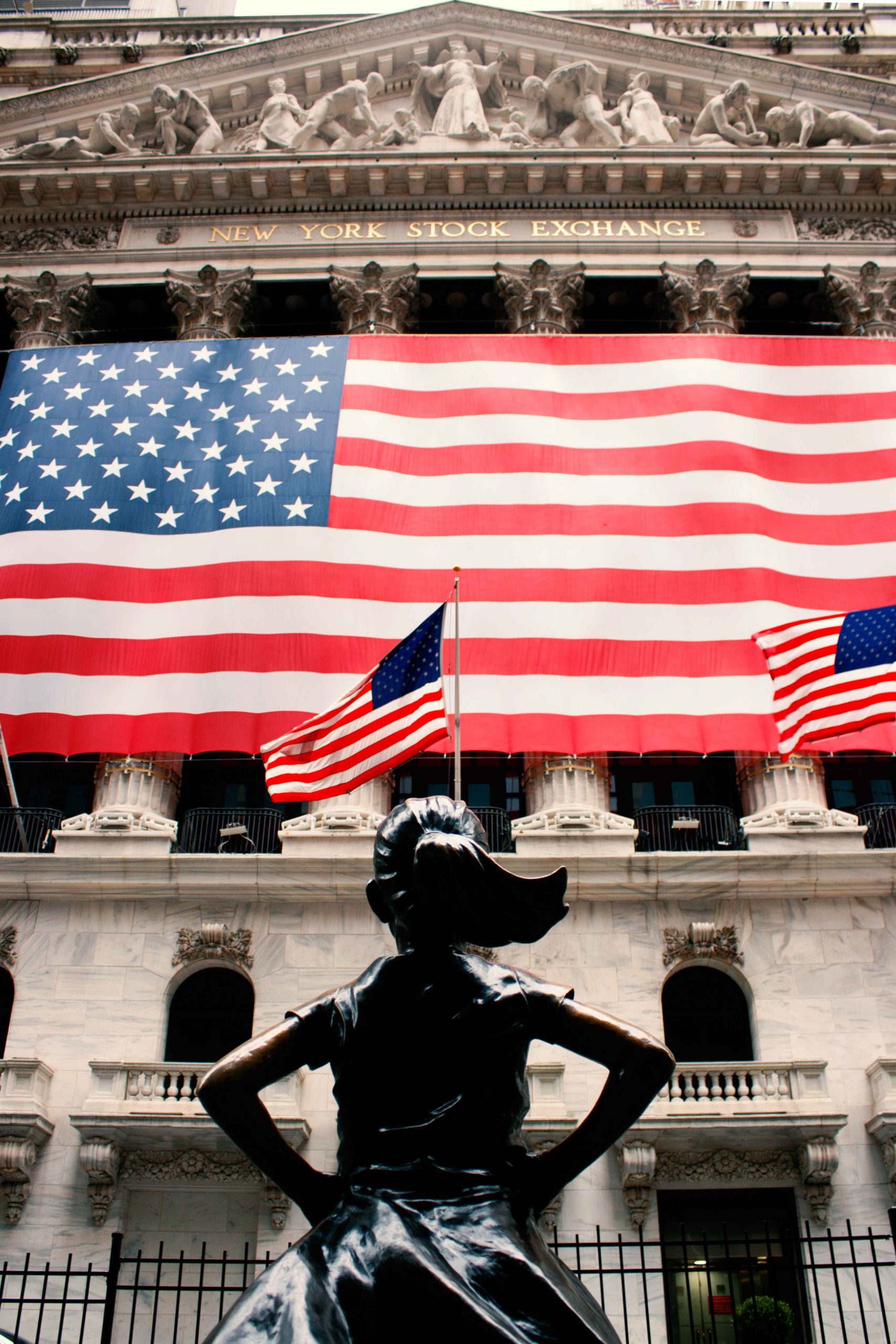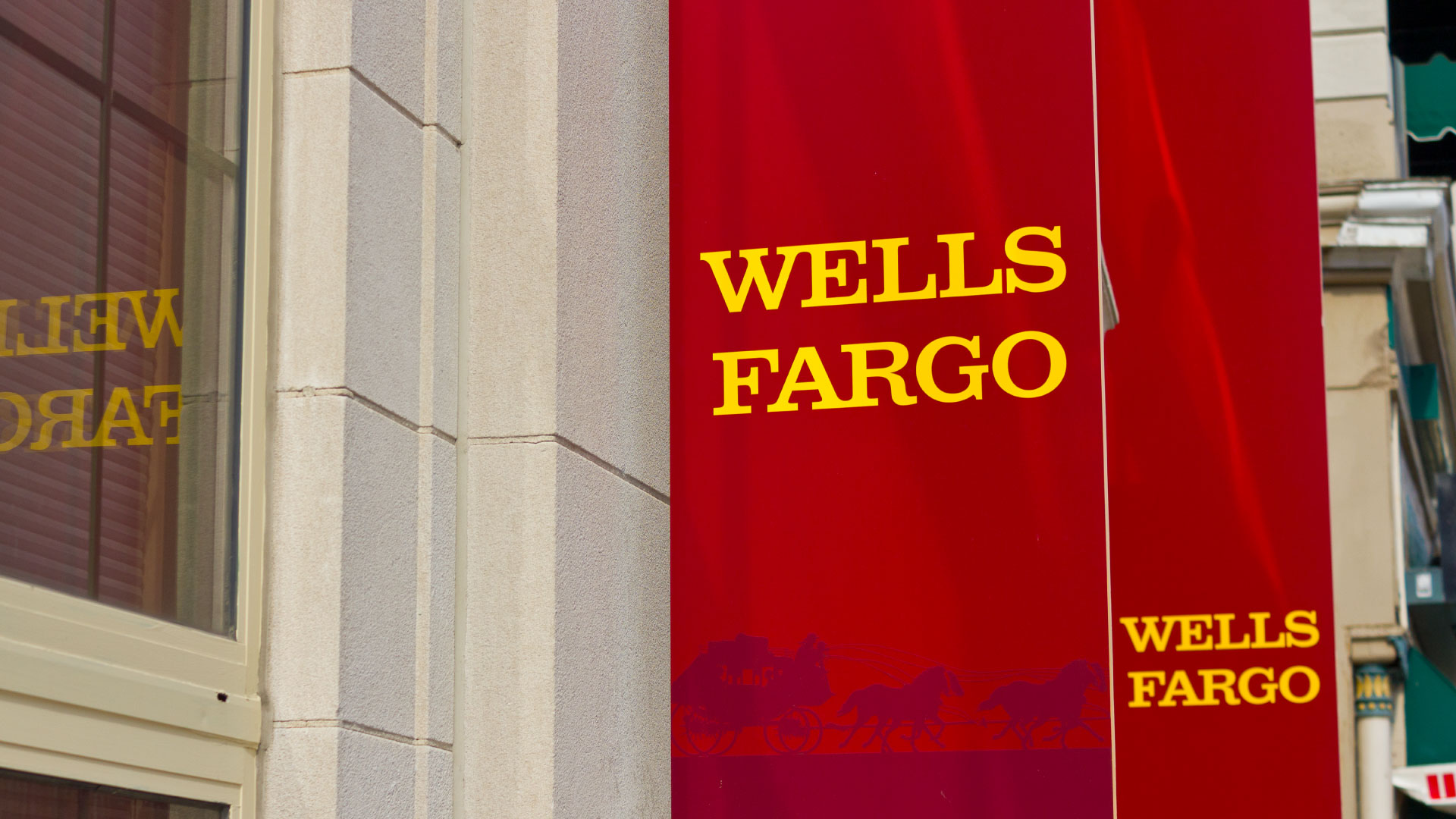
Wall Street Braces for Enforcement Wave Under Biden
Experts warn firms to put compliance front and center following the election of the Democratic Party.
With Donald Trump’s wild ride as U.S. president now over, Wall Street is expecting a significantly tougher regulatory environment in which to do business, harking back to previous eras of Democrat rule.
The focus of the Biden administration in regard to financial regulation is likely to center on how the largest banks conducted business during the pandemic, experts told Radar.
Market manipulation, spoofing, and the making of regular “bread and butter” enforcement cases are predicted to increase after a period of relative calm throughout Trump’s four-year reign.
“Although Securities and Exchange Commission (SEC) enforcement was active during former Chairman Jay Clayton’s tenure, companies can expect an uptick in enforcement activity under a Democrat-appointed Chairperson,” said Joan McKown of law firm Jones Day.
Obama-era policies rolled out following the global financial crisis of 2008 are likely to get a re-airing, most notably the Dodd-Frank Wall Street Reform and Consumer Protection Act (Dodd-Frank Act), which created the Consumer Financial Protection Bureau (CFPB), and placed tough rules on banks that were “too big to fail”.
Trump eroded key regulations, such as Dodd Frank using the Economic Growth, Regulatory Relief, and Consumer Protection Act of 2018 to strip away oversight measures, but industry watchers expect the course to reverse under Biden.
Shifting Priorities
Early signals from the new administration indicate the light touch is over, and firms should be thinking about new ways to manage the arduous and expensive processes of compliance, particularly as the economy remains throttled by the global pandemic.
“Many Democrats, especially in the progressive wing, feel strongly that the largest U.S. banks are coddled, despite the regulatory reforms put in place after the global financial crisis,” said Douglas Elliot, partner in the New York office of Oliver Wyman. “Further, there is strong support for this view from the media and most of the public. Therefore, all moves by the current regulators that are viewed as favoring the largest banks have a high probability of being rolled back.”
Getting new legislation through with a slim majority may be difficult, but regulators don’t necessarily need to dream up new laws to put pressure on firms, Elliot said.
The shift in priorities from prudential issues to consumer issues will be reflected in enforcements across fair lending, risk management programs, and internal controls.
“We expect the SEC to shift its focus to conduct involving financial institutions and Wall Street more generally, in addition to continued focus on Main Street fraud with identifiable investor-victims,” said Katherine Mooney Carroll, partner at Cleary Gottlieb.
“We also expect heightened enforcement of Title VII rules by the Commodities and Futures Trading Commission (CFTC), including disclosure and reporting requirements, in addition to continued focus on market manipulation, especially spoofing,” added Caroll.
The Only Way Is Up for Enforcement
Biden will have an immediate impact, without any legislative tinkering, via changes at the top of the Treasury and the U.S. Securities and Exchange Commission (SEC).
Janet Yellen, the new Treasury Secretary, is on record stating tighter regulations are necessary to buffer the financial system against an economic downturn. Yellen believes Dodd-Frank has strengthened the banking system, forcing firms to invest in compliance and breed a culture of responsibility through their organizations. It stands to reason that Dodd Frank enforcement will be a higher priority under Yellen’s watch, experts say.
Changes at the top of the SEC should also be closely monitored by the industry as Jay Clayton makes way for a new face.
“Although the Commission will continue to devote resources to punishing individuals and entities that seek to capitalize on market disruptions caused by the pandemic even after Clayton departs, under a potential Democrat-led Commission, the Enforcement Division is likely to shift its focus to traditional Wall Street misconduct, including insider trading, issuer reporting and accounting fraud, and Foreign Corrupt Practices Act violations,” said Cassie Lentchner, of Pillsbury law firm.
“Under the Trump-led Commission, the volume of these historically ‘bread-and-butter’ matters dropped significantly, including, most strikingly, the lowest level of insider trading enforcement since the Reagan administration,” Lentchner said.
Biden’s nominee for SEC chair, Gary Gensler, is also expected to undo many of former commission chairman Clayton’s regulatory actions as he seeks to leave a mark on the office.
“Gensler will likely usher in an era of heightened SEC enforcement and regulation, focusing in particular on industry-shaping enforcement actions and rulemaking related to financial technologies and ESG disclosures,” said Laura Pruitt of Jones Day.
Gensler, former Commodity Futures Trading Commission (CFTC) chairman, is expected to have a significant impact on SEC enforcement if confirmed, and 2021 will also bring a new Director of Enforcement.
“Again, Gensler’s tenure at the CFTC provides insight into how he may approach this staffing decision,” said Pruitt. As chairman, Gensler hired a former federal prosecutor, David Meister, to serve as CFTC’s Director of Enforcement.
“He may look to someone with a similar profile, as several of his predecessors have done,” Pruitt said. “Gensler’s aggressive enforcement track record at the CFTC, coupled with a focus on COVID-19 fraud-related investigations, will likely lead to a significant increase in the number of enforcement actions initiated by the SEC.”
Stay Diligent, Lean on Technology
With cases expected to increase in volume, Gensler is also tipped to change the nature of enforcement investigations by focusing on industry-defining cases, larger firms, and private funds.
Brokers, market makers, and hedge funds are also likely to be in the regulators’ crosshairs following the day-trading controversies that occurred during the COVID-19 pandemic. Greater oversight of electronic trading companies and FINRA-regulated entities is a certainty.
“As the market becomes more volatile – in part due to the influx of inexperienced investors – investors will look to the SEC, and Gensler in particular, to help combat this volatility,” said Pruitt.
At the CFTC, Gensler was known for his love of emerging technologies and willingness to resist regulation of the sphere. He has spoken of the importance of flexibility and of supporting innovation.
“While stakeholders can expect increased regulation of financial technologies under Gensler’s leadership, the SEC will likely aim to strike a balance that allows for growth and innovation in a market that, according to Gensler, can ‘change the world of finance’,” Pruitt added.
Widespread adoption of regulatory technologies is expected to quicken under the Biden team given their propensity to strengthen market infrastructures. Firms are being encouraged to adopt more intelligent compliance solutions and to phase out their crumbling legacy systems.
The most important course of action for firms to take is to remain diligent, said Alexandra Farmer of Gibson Dunn & Crutcher, as not every development will necessarily represent a new direction for the regulators to take.
“The much-noted lack of collaboration between old and new administrations, some of which has been happening beneath the radar under Trump, will continue under Biden,” Farmer said.
“This includes agencies’ enforcement or litigation activity in the early period of a new administration, which builds on years of previous investigative work that ripens into public view under new leadership. Discerning new or merely continuing regulatory activity will require keen observation.”







